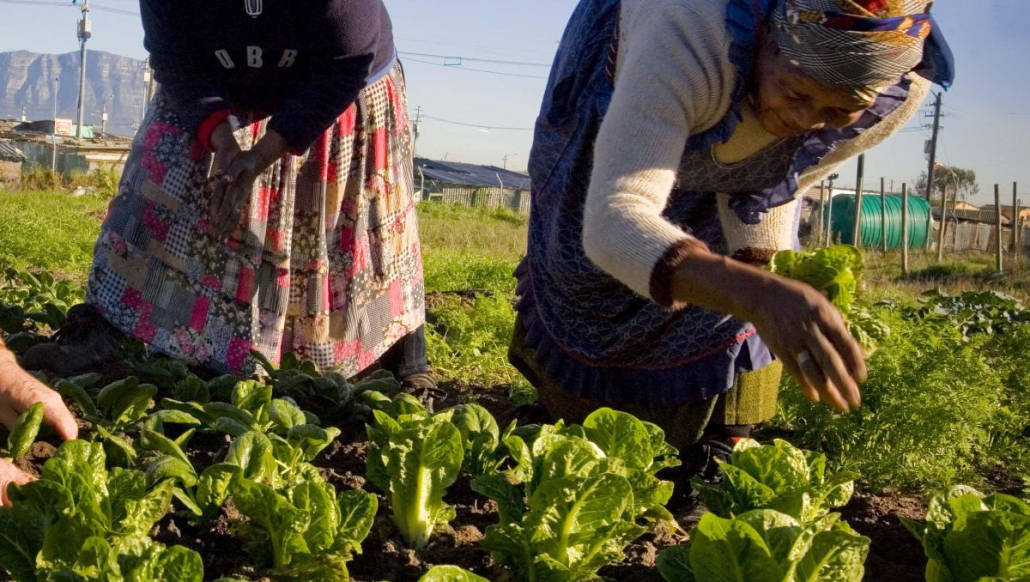Corruption Watch (CW) has made a written submission on the Land Court bill of 2021, noting several vulnerabilities in its provisions. The bill was developed by the Inter-Ministerial Committee on Land Reform, chaired by Deputy President David Mabuza, and followed recommendations of the Presidential Advisory Panel on Land Reform and Agriculture. It was tabled in Parliament in May this year.
The bill aims to provide further stability in the land reform process, with the establishment of a specialist Land Court and a Land Court of Appeal, as well as the administration and judicial functions thereof. It will give the Land Court and Land Court of Appeal exclusive jurisdiction for certain land matters. The former institution will have the equivalent status of to a high court, and appeals relating to its decisions will be handled by the latter court, which will be equal in status to the Supreme Court of Appeal.
A memorandum on the objects of the bill notes that “a lack of permanency of judges presiding over matters before the current Land Claims Court (LCC), and the absence of permanent seat of the LCC resulted in slow processing of and backlogs in land restitution claims to the dissatisfaction of land claimants.” Therefore, the bill will provide for the permanent appointment of judges and other officers to oversee land claims – the first time the court will have full-time judges since its establishment back in 1996.
The Land Court will also fast-track cases and claims, a mammoth task given that the current backlog on restitution stands at thousands of cases.
In addition the bill will provide for mediation and arbitration procedures, amend certain laws relating to the adjudication of land matters by other courts, and provide for matters connected therewith.
CW’s concerns relate to the following issues:
- The Land Court bill does not effectively place mechanisms that reduce the scope for corruption, therefore significantly impacting the effective determination of disputes regarding land in our country.
- The bill fails to clearly illustrate the manner in which the existing systemic hurdles that make it difficult for land claimants to obtain land restitution will be dealt with in adjudication processes and the implementation of the bill.
- It is vital to ensure that the introduction of an adjudication body takes into consideration the lived realities of the people it seeks to assist, as access to public resources is usually implicated in various social divisions which include wealth and economic status, gender, generation and political affiliation.
- The situation is complicated by large-scale corruption in administrative institutions tasked with facilitating land reform policies, while the legislative backdrop is increasingly targeted towards limiting the procedural and substantive rights of communities under traditional authorities.
CW submits that in this light, the bill fails to make sufficient provisions for key parts of its objectives. The organisation sets out its arguments under the following headings:
- Transitional arrangements of the Land Court and Land Court of Appeal,
- Non-judicial powers of judges of the Land Court and Land Court of Appeal,
- Management of legal aid funding, and
- Multiple adjudicating institutions.
Download our full submission for more details.
